Artificial intelligence is getting more sophisticated all the time, and the buzziest new kid on the blog is ChatGPT. While we’re not quite at Blade Runner-level technology, the new chatbot has marketers (and everyone else) in a tizzy over the seemingly endless potential uses for the tool.
Microsoft’s announcement of significant additional investment (estimated at $10 billion) into ChatGPT-owner OpenAI has opened the floodgates for new AI applications in marketing. The competition is paying attention and making moves of their own, including Google, who is likely to build proprietary chatbot features into its own search engine this year.
There are, of course, widespread concerns that AI tools like ChatGPT could eventually take away jobs from human beings, but the limits of the technology are very real. Marketers shouldn’t shun new machine-based solutions; in fact, you need to fully embrace automation and figure out ways to work with it now and in the future to position yourself for success while taking a trust-but-verify approach to outputs.
It seems like the broader AI revolution (no, not the Skynet kind) has finally arrived. The question is: what are you going to do about it and how can it help your business succeed?
We’ve put together a primer on ways that marketers can utilize AI chatbots to streamline their day-to-day tasks and unlock new time to devote to bigger strategic questions. Our first focus is paid search.
How to use ChatGPT for paid search marketing copy assistance
Paid search marketers are no strangers to automation and the attendant spike of panic around replacement. Google has released a steady stream of new automation tools over the last few years. Google’s Smart Bidding didn’t replace humans and neither did Performance Max.
To succeed at paid search (and other marketing channels), your business needs you to do things that it’s hard to imagine any machine will ever be able to do:
- Turn business goals into working strategies
- Convince CFOs to release ad dollars
- Create measurement strategies
- Translate marketing data into stories
But when it comes to the core fundamentals of paid search, ChatGPT can actually enhance your ability to pull critical levers like creative copy. Used wisely, the tool can act as an extension of yourself: put it to work crafting ad copy, descriptions, headlines, different iterations of copy, and CTAs for your paid search campaigns. It can even generate captions for video ads.
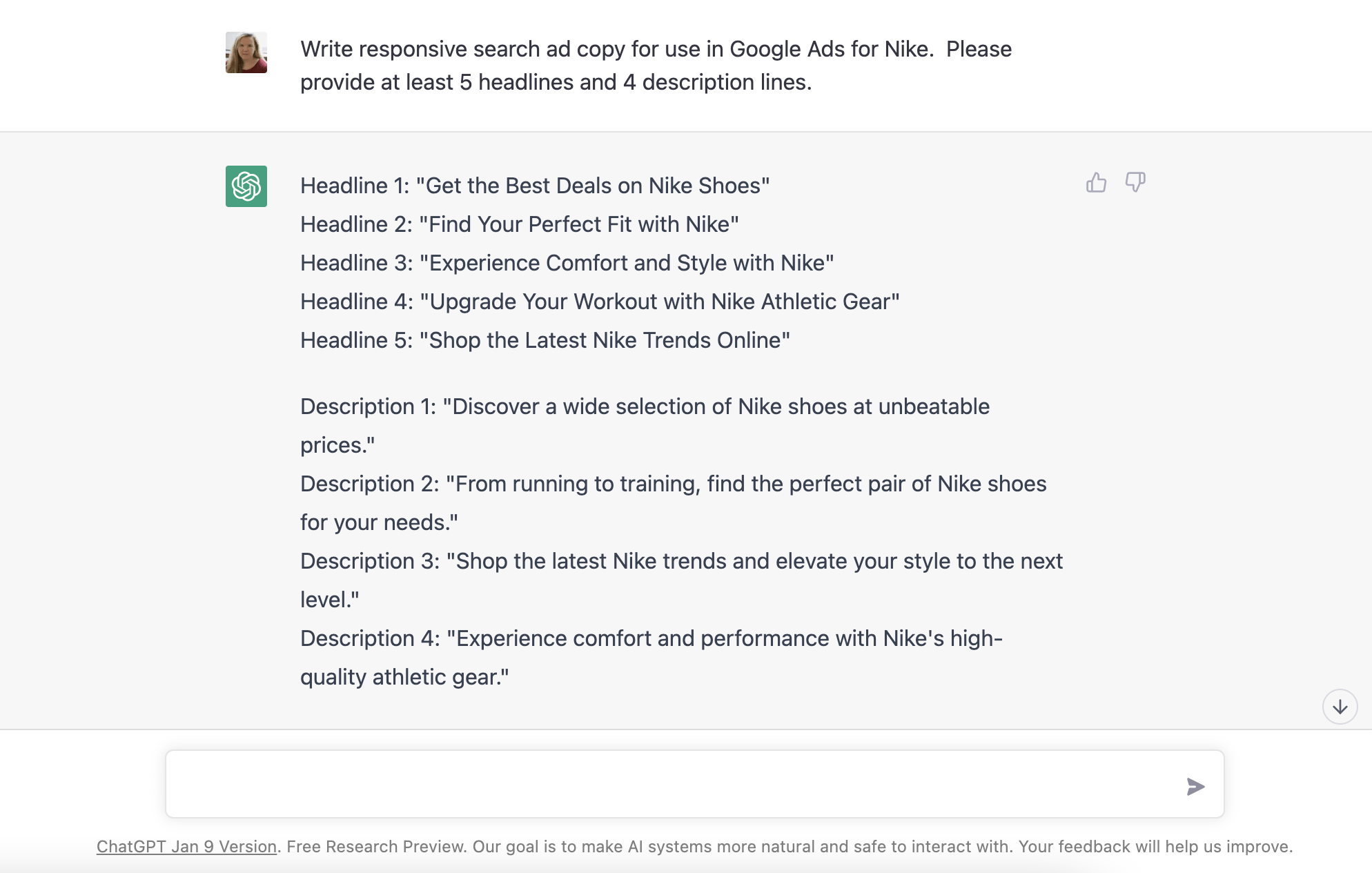
None of this should be done without human oversight; as you can see from the Nike example above, copy from ChatGPT doesn’t necessarily add brand personality and can indeed sound like it was generated by a robot (because it was). But it can act as a jumping off point if you feel stuck or lost for ideas. Think of it as a support tool for ideation and scale for copy needs, not a replacement for copywriting as a skillset.
We’ll likely see more and more teams start utilizing ChatGPT for creative workload, which could result in more content like this clever ad from Mint Mobile.
Notice that the script might come from ChatGPT, but it took Ryan Reynolds (or his team) to come up with the right inputs to guide the AI. That’s true of any kind of marketing automation, and it’s why the human components of marketing aren’t going anywhere.
So while ChatGPT might not take your job, someone using ChatGPT certainly could. That’s why you need to embrace automation instead of pushing yourself into redundancy by sticking to the old ways.
Getting creative with ChatGPT marketing applications: research, content, and coding
There are more ways ChatGPT can make your life easier than just spitting out headlines. If your brand is considering entering a new market or researching a new category, ChatGPT’s function as a curator and aggregator of existing content can mean it’s capable of producing a better answer than most forums.
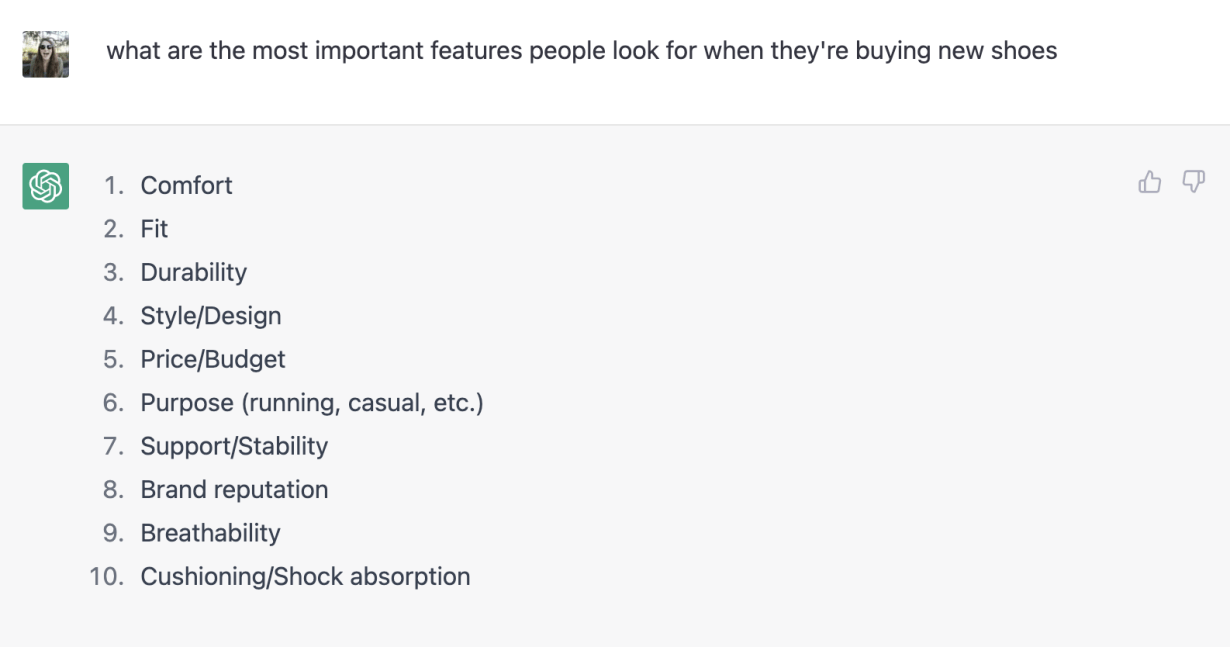
The same is true of content; when you’re diving into a particular topic, it can wade through a lot of garbage to give you an actual answer to a specific question instead of a bunch of optimized links. ChatGPT’s outputs aren’t perfect but it’s far easier to have something to critique than it is to start from scratch. An external software that can offer a POV or voice to bounce ideas off of can be helpful for those teams looking to cut down on correspondence time.
You can also use it to troubleshoot problems you’re having with campaigns, like asking it how to fix a particular error. It can also help with coding and scripts.
Just remember, you still need to fact-check anything you’re getting out of ChatGPT because it does have blind spots. Consensus (which is essentially the fuel for ChatGPT) isn’t always correct, and newer trends or updates won’t necessarily show up because Chat GPT only has reliable data through 2021.
That’s an important note for paid search marketers because people have been using ChatGPT to generate scripts. Google Ads released its new Scripts Experience, so any Google Ads scripts Chat GPT writes won’t be compatible.
(Although ChatGPT’s data is supposed to be capped at 2021, some users on the internet claim that it referred to Elon Musk as the CEO of Twitter, which it shouldn’t know. That being said, if you ask ChatGPT who the CEO of Twitter is directly, it returns the 2021-appropriate but no longer accurate answer of Parag Agrawal.)
How to get better responses from ChatGPT
When you submit queries to ChatGPT, keep in mind that it’s not built to be transactional. It’s a conversational AI, and there are limits to what answers it can give you on subjective topics. It can’t tell you the objective best flavor of ice cream because everyone’s favorite is different, but it can give you a list of popular answers to the question.
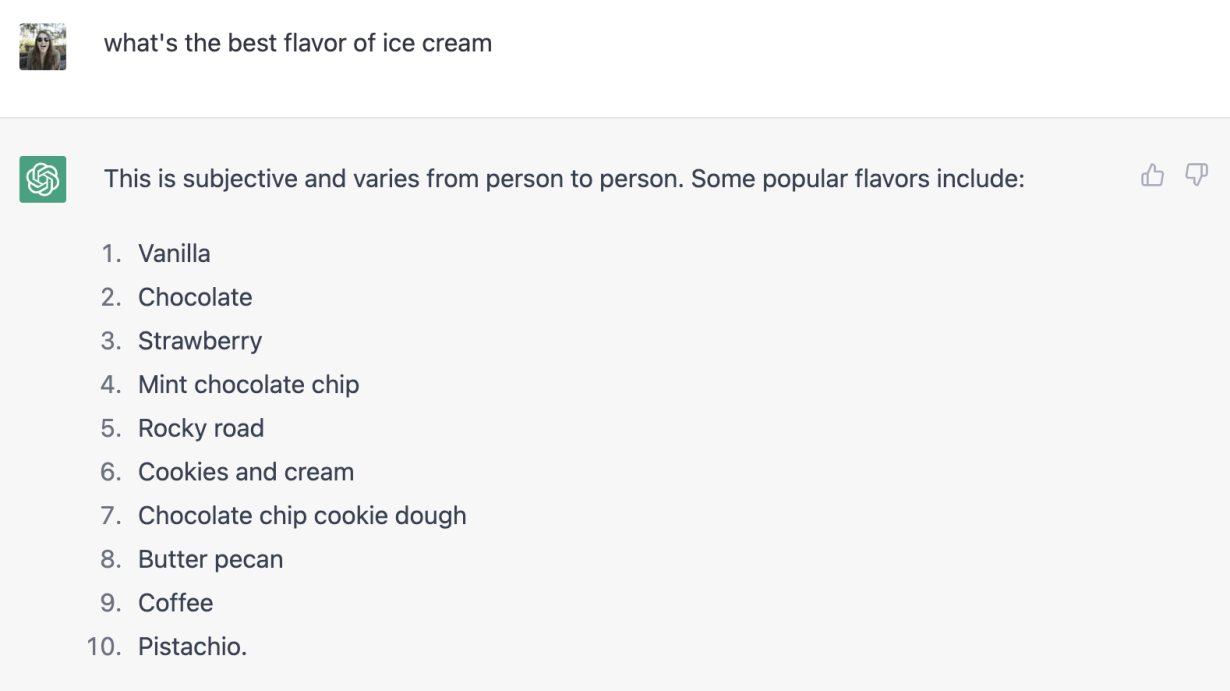
Because of the AI’s known limitations, you shouldn’t necessarily take its first answer at face value. Instead, refine your query, look for different ways to ask the question, and ask at least three times before deciding whether or not you’re satisfied with ChatGPT’s answers. And always look to independently verify any conclusions it generates.
Think of ChatGPT as a new tool that can help an overwhelmed (and overworked) marketer accomplish more things in less time. After all, there are only so many ad dollars and hours in the day.
When it comes to AI in general, there are levers paid search marketers and digital marketers in general have control over that other automation can help with, including:
- Creative
- Measurement and feedback loops
- Audience
- CRO
- Quality Control
- Strategic Deployment
So put down your torches and pitchforks and learn to make AI work for you, not against you. The human aspect of marketing isn’t going anywhere; the challenge is to adapt to the new changes driven by technology and turn them into strengths.

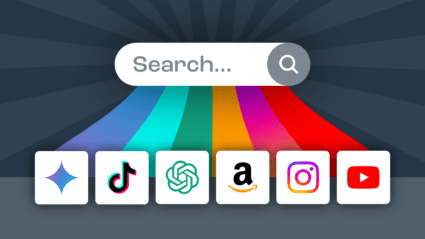



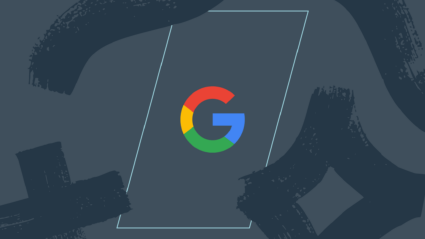

Responses